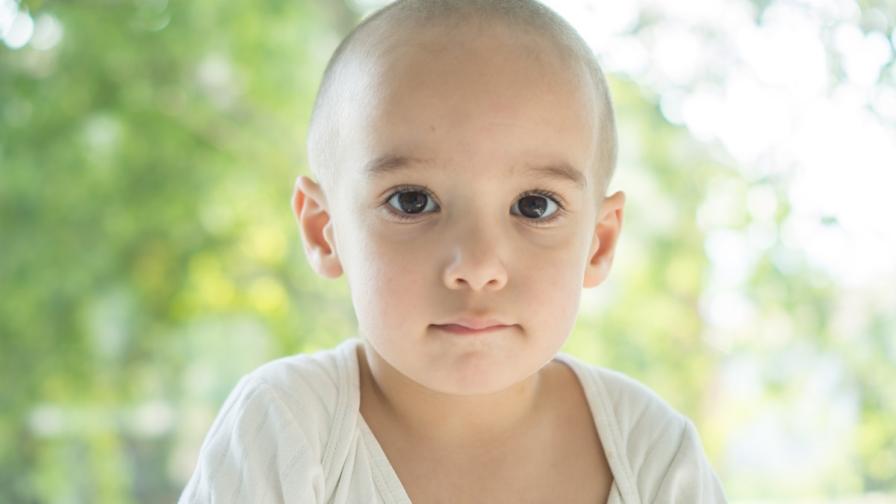By refining therapies which are currently in clinical trials, researchers have moved a step closer to developing safer and more effective treatments for children with high-risk neuroblastoma and other solid cancers.

Every year in the UK, around 100 children are diagnosed with a type of cancer called neuroblastoma – and around half of these children are diagnosed as high-risk. These children, who are usually under five years old, can need extremely intensive treatment lasting many years. Despite this for some, the cancer returns and tragically many of these children will lose their lives at a young age. In recent decades, there has been little improvement in outcomes for children with these tumours despite numerous clinical trials of new treatments.
Action funding has helped Professor John Anderson, at UCL Great Ormond Street Institute of Child Health, to evaluate and refine a new treatment approach, called chimeric antigen receptor (CAR) T cell therapy. This has already proven effective for treating some types of blood cancer and uses a patient’s own immune system to kill cancer cells.
The treatment involves collecting T cells from the child’s blood, genetically modifying them to recognise and kill cancer cells, and putting put them back into their bloodstream to fight the disease.
This research builds on previous work and aims to boost the chances of the treatment working, while also reducing the risk of unwanted side effects. “We’ve been identifying ways to refine the genetic modification technology so that the patient’s T cells are more effective at distinguishing between cancer and healthy cells,” says Professor Anderson.
The researchers carried out tests to find out how well different types of CAR T cells kill neuroblastoma cells, while avoiding healthy cells. They hope their results will ultimately benefit children with neuroblastoma – by refining the treatment to make it safer and more effective over time.
Professor Anderson says: “As a result of the Action funding, we have successfully developed solutions that may be implemented into the next clinical trials of this cutting-edge immunotherapy for children. These refinements are designed to lead to more effective and kinder treatments in upcoming clinical trials.”
The study was funded by Action Medical Research, Great Ormond Street Hospital Children’s Charity and Neuroblastoma UK.
These refinements are designed to lead to more effective and kinder treatments in upcoming clinical trials”
